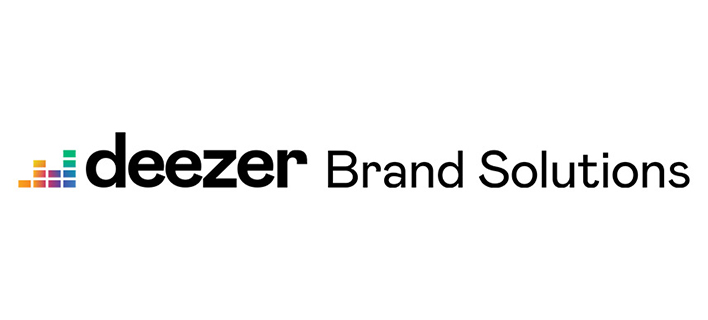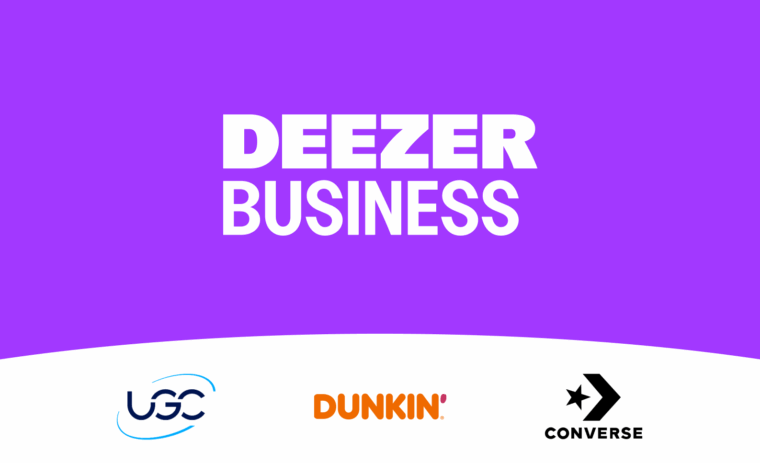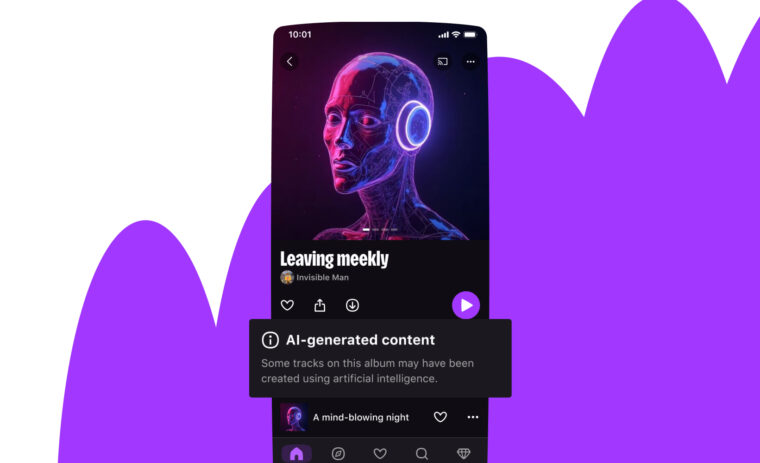

Publishers want to take over the airwaves of new audio channels but are waiting for better advertising solutions.

Marianne Le Vavasseur (Deezer France), Pascal Girodias (Radio France Publicité), Yvan Delegue (Orange) and Béatrice Leroux-Barraux (NRJ Global) spoke about the contribution of podcasts and voice assistants and expressed their point of view on audio advertising creation.
What can be said about digital audio advertising today?
Music publishers often point to a lack of creativity in advertising campaigns, with most using standard and classic audio formats. “We have to get away from the promotional format ‘and the sacrosanct 30-second spot’,” says Pascal Girodias, Head of Radio France Publicité. According to industry insiders, legal disclaimers, obligatory in advertising messages for some sectors (food, alcohol, etc.) sometimes occupying 10 to 20% of the length of the audio ad, is also a disincentive.
“They are very often the same spots as those used on radio,” confirms Marianne Le Vavasseur of Deezer France, “but digitisation is bringing structural changes to the sector with new listening technologies such as streaming platforms, new mobile devices like smartphones and connected/smart devices such as smart speakers, as well as automated algorithmic and human curation, and we are seeing ever-increasing competition in terms of content, in particular with podcasts.” This has led to a growing interest in this market which is likely to gradually stimulate the entire value chain.
How can we improve online audio advertising? What are relations with advertising agencies like?
“We must preserve the advertising experience. From the outset, it is important to think about creating an advertising campaign that is adapted to the target audience and the listening medium, including radio, web radio, feed readers, streaming platforms, etc. And of course, voice and musical identity will be important,” says Deezer France’s Marianne le Vavasseur.
A potential lever in boosting audio advertising campaigns would consist of creative agencies making better use of audio channels, which are traditionally seen as lacking prestige, especially in digital markets. “Holding special competitions and awarding audio prizes are options to be considered,” says Béatrice Leroux-Barraux, Head of Commercial and Digital Development at NRJ.
New products such as podcasts and voice assistants should also boost markets by leading to the creation of new formats that are included as part of the content or that are shorter and better designed for the medium. “We have launched in-house creative studio called Spot Machine. It is responsible for adjusting not only the length of brands’ advertising spots but also their quality, for instance by using binaural sounds that offer a 3D listening experience,” adds NRJ’s Leroux-Barraux. These new audio channels will also make it possible to combine content, advertising and e-commerce. This is one of the NRJ advertising sales team’s development priorities in terms of voice assistants.
How can voice assistants change audio advertising?
In the opinion of four participants, rather than broadcasting traditional audio advertisements, “audio experiences” should be set up. Accordingly, podcasts can potentially be catalysts for these innovations, but this is most relevant to voice assistants.
Orange, which is preparing to launch its own voice assistant, Djingo, set to rival Amazon’s Alexa and Google Home, in the first quarter of 2019, is already working on advertising and service-based tests with partners. One such partner is SEB, which is developing a kitchen-related ecosystem. “This kind of sponsorship is favoured by Google Home and Amazon’s Alexa. It is not yet clear if and how we will monetise Djingo, but legally compliant contextualising and customising of advertising content is key. We therefore seek to work closely with innovative brands while taking care to preserve our companion app concept,” explains Yvan Delegue who is the Digital Innovation Director at Orange.
Published in edition No. 403 of Mind weekly magazine on 12 November 2018



